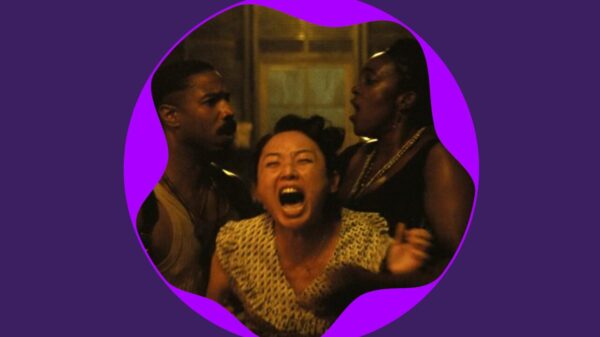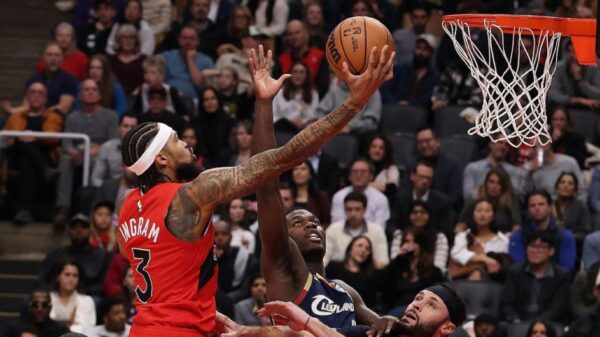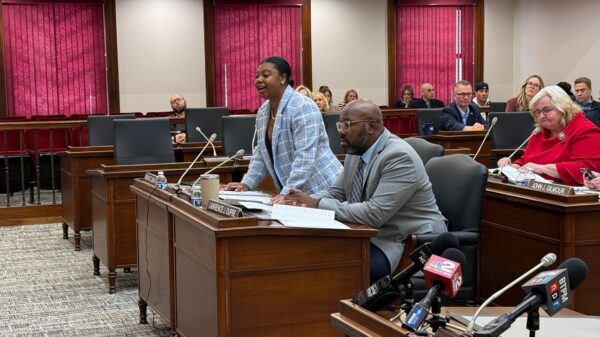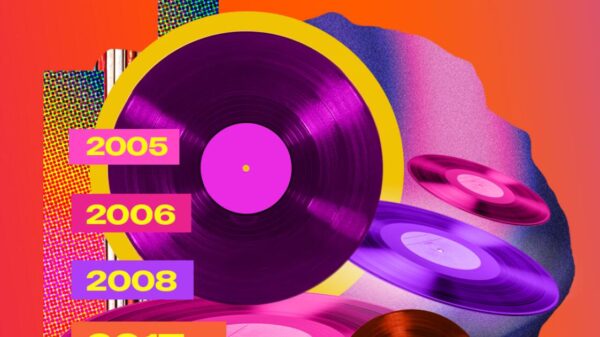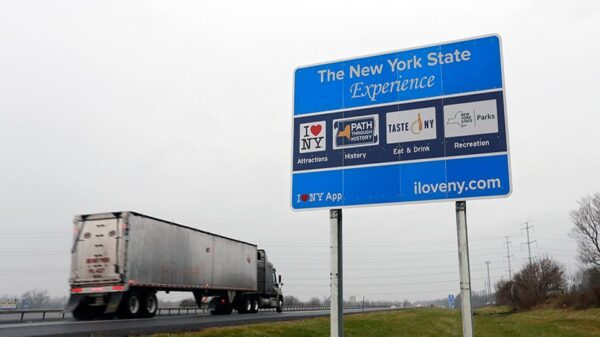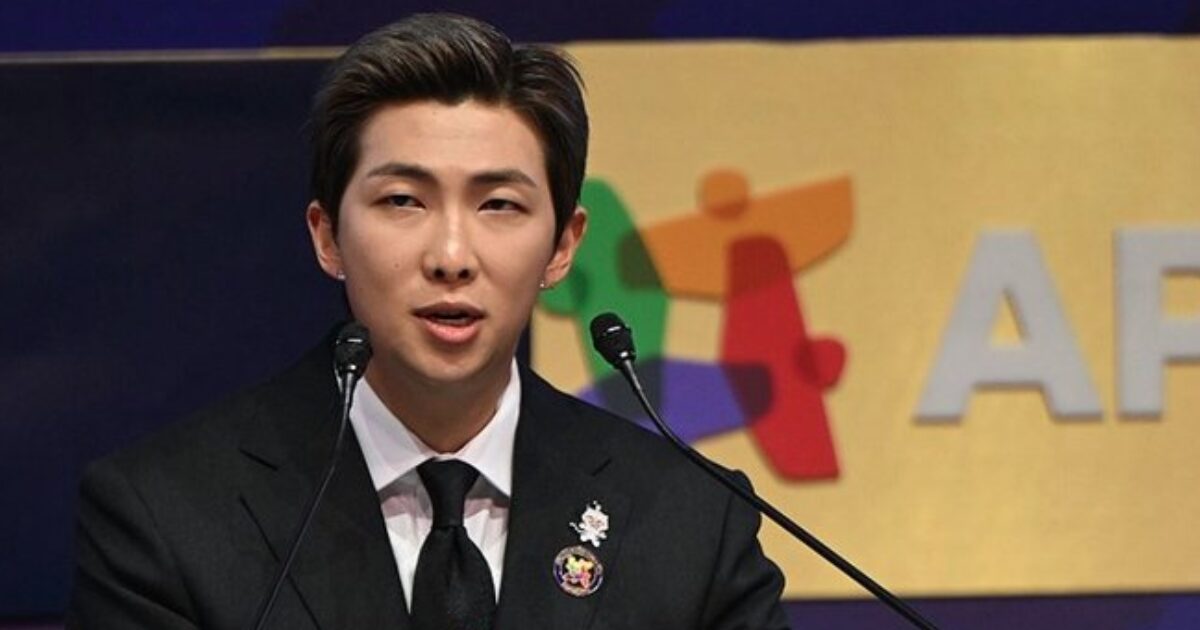RM, the leader of the globally renowned band BTS, has encountered significant criticism following remarks made during a speech at the APEC CEO Summit 2025. The event, held on October 29, 2025, focused on the cultural and creative industries within the APEC region, emphasizing the soft power of K-Culture.
During his speech, RM called for support for creators worldwide, stating, “As a creator and artist of this generation, I’d like to use this opportunity to make a request to the distinguished leaders of APEC. There are creators all over the world. Please help them.” This appeal, however, did not resonate well with many netizens, who perceived his words as hypocritical given his previous comments regarding the success of BTS.
Critics quickly resurfaced past statements from RM, accusing him of boasting about BTS’s influence while disregarding the contributions of other artists. Some users highlighted instances where he suggested that BTS had “paved the way” for Asian artists, arguing that such claims undermine the efforts of earlier K-pop groups like Wonder Girls and Psy.
The backlash included a variety of harsh comments on social media platforms, with users expressing their discontent. One user remarked, “He’s a straight-up narcissist, always boasting about himself and discrediting smaller artists.” This sentiment was echoed by others who labeled RM as hypocritical for now advocating for broader support when he had previously focused solely on BTS’s achievements.
In addition, some netizens pointed to recent scandals involving HYBE, BTS’s management company, to question RM’s credibility. Accusations of exploiting social issues and mental health in marketing campaigns were highlighted as further reasons why his call for support seemed disingenuous.
Others criticized the timing and context of RM’s speech, suggesting that his prior reluctance to acknowledge fellow artists starkly contrasts with his current plea for assistance. One user noted, “Oh now he cares about other artists? A few years ago, he and his group refused to mention any other artists but themselves.” Such statements reflect a broader sentiment that RM’s actions are not aligned with his words.
As the discourse around RM’s speech evolves, it underscores the complex dynamics within the K-pop industry and the expectations placed on its leading figures. The criticism he faces raises questions about authenticity and accountability in the music world, especially for artists who have achieved significant fame and influence.
The situation serves as a reminder of the delicate balance artists must maintain between celebrating their accomplishments and recognizing the contributions of others within their industry. As RM continues to navigate the repercussions of his speech, the conversation around artist recognition and support remains a vital topic among fans and the broader public.


